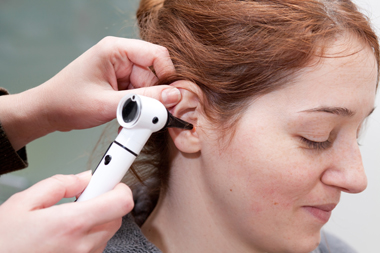The process of applying for a visa is sometimes complicated. Part of the process includes providing evidence of who you are and how you are related to family members. While you can provide some documents such as birth certifications, school records and family photos, this evidence is sometimes insufficient. If these documents are unavailable or officials have any doubt about their their validity, they can request immigration DNA testing.
How Do You Know if You Need It Done?
If you and your extended family members need addition proof of your identity in order go get a visa, the U.S. embassy will issue a letter of request after your initial interview. Once you have submitted the necessary documentation and met with an official for your interview, they will determine if they still have questions about your identity.
Who Pays for the Testing?
The U.S, Embassy does not take responsibility for providing, scheduling, or paying for immigration DNA testing. It is the full responsibility of the family in question to obtain the test results and cover any costs associated with them. Don’t get the testing done until your receive an official letter suggesting that you do so though. The cost can range from $600 to over $1000.
Are DNA Tests Required to Obtain a Visa?
The simple answer is no. Immigration tests are only a recommendation, however, cooperating and have the testing done can provide concrete evidence that can help your case and get faster results. If you have been requested to submit this evidence, it is smart to follow through with it.
How Do the Tests Work?
Much like a paternity test, this testing is done using a cotton swab inside the mouth. Swipes are done on two or more relatives to determine common DNA and establish a clear relationship among the parties. The swabs are then sent to an approved lab for analysis. Per the u.s. Department of homeland security, the lab must be accredited by the American Associate of Blood Banks (AABB.)
Addressing the Fraud Issue
Immigrant families trying to get their visas have to provide certain documentation, but in the digital age in which we live, forging these documents is easy to do. That’s where immigration DNA testing comes in, as it can offer certain results. According to an article in the New York Times, “Federal officials are increasingly turning to genetic testing to verify the biological bonds between new citizens and the overseas relatives they hope to bring here, particularly those from war-torn or developing countries where identity documents can be scarce or doctored.”
Despite the cost, immigration DNA testing is a non-invasive and simple way to give official the clear evidence they need to approve a visa.
